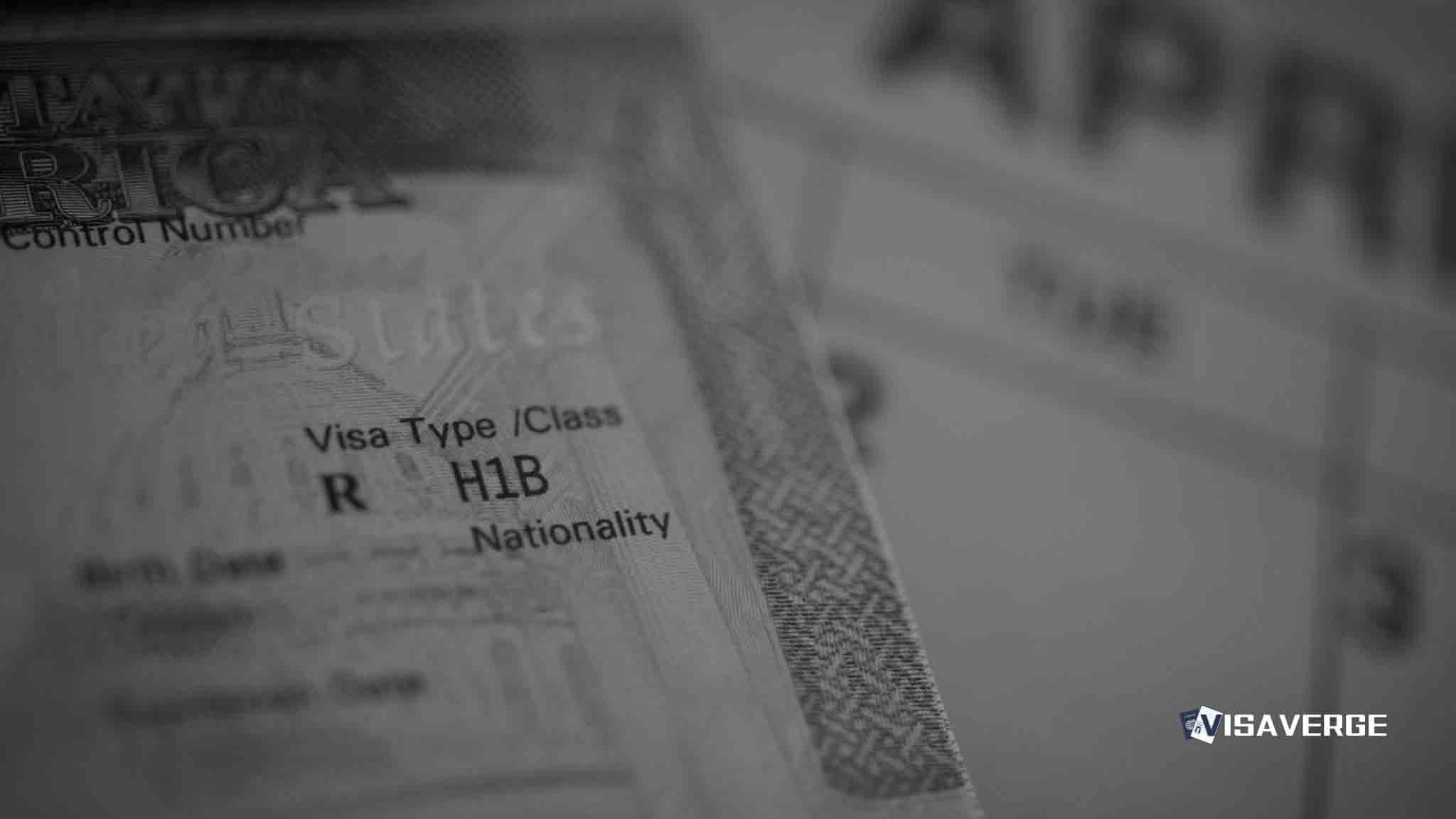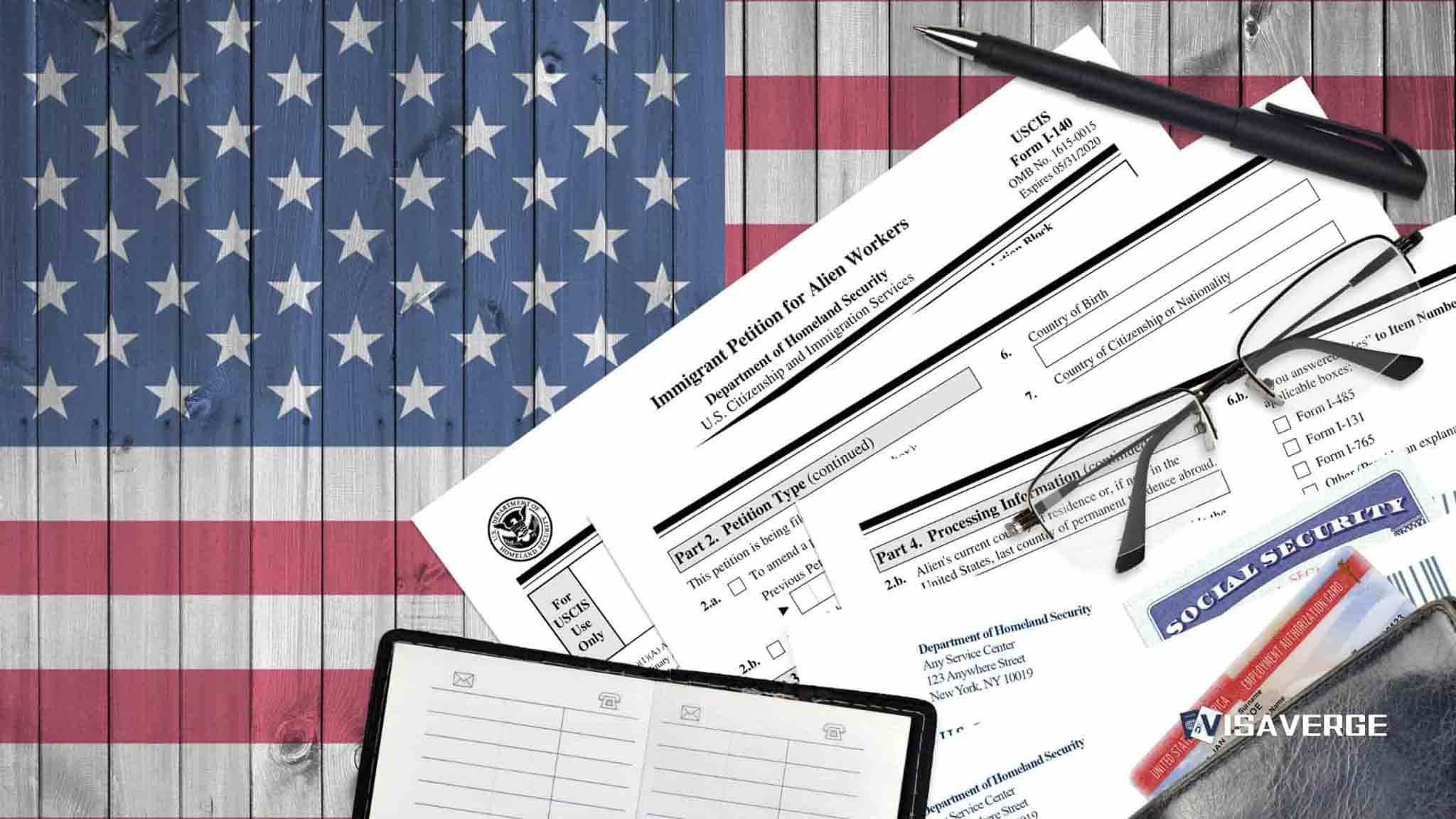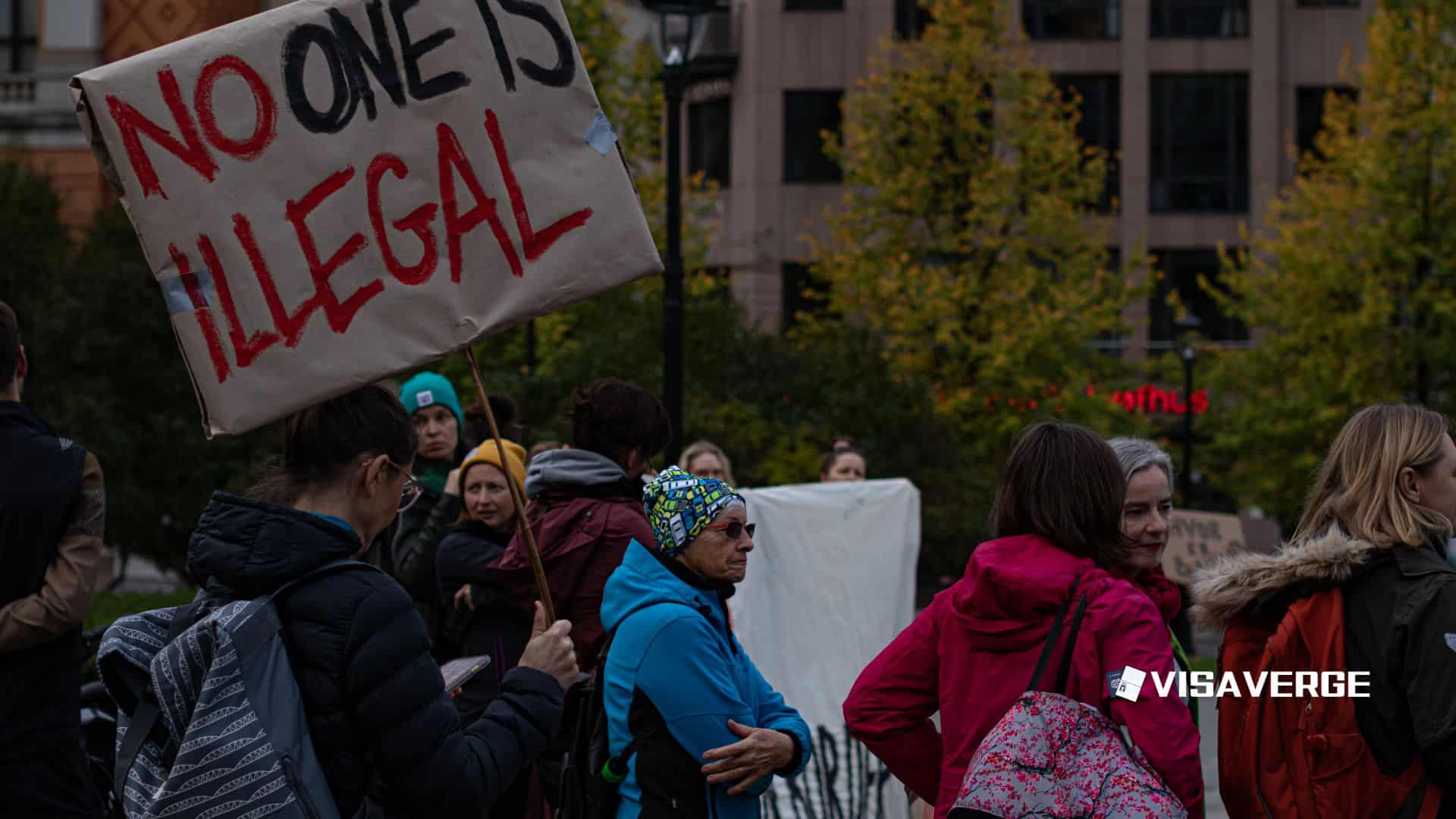Key Takeaways:
- Employers with foreign workers must notify their existing U.S. workforce and provide the necessary documents to foreign employees.
- Material changes in employment, like a significant shift in work location, require additional notice and potentially new applications.
- Non-U.S. citizens must also notify the USCIS of any change in residence within 10 days for legal compliance.
Understanding Notification Requirements for Employers with Foreign Workers
When it comes to employing foreign nationals, U.S. employers have to adhere to strict notification requirements set forth by the Department of Labor (DOL) and immigration authorities. This is especially important for roles that need a Labor Condition Application (LCA) to be filed, such as those within the H-1B, H-1B1, and E-3 visa categories.

Notifying U.S. Workers and Providing LCA Copies
At the core of these obligations is the need to keep U.S. workers informed. Employers must notify their existing workforce at the relevant work locations about the specifics of the position for which a visa is being sought. The actual procedural guidelines on how to deliver this notice are defined by the DOL’s regulations.
In addition to notifying their domestic workforce, employers must ensure that a copy of the LCA is provided directly to the foreign worker. This should be done no later than when they begin their official duties at the company.
Addressing Material Changes in Employment
Material changes to an employee’s job, such as a significant shift in work location, trigger a fresh set of notice requirements. When the new job site is outside what’s considered the normal commuting distance from the originally specified workplace, this doesn’t just call for another notice. Employers might also be required to file a new LCA with the DOL and submit an amendment to their application. Crucially, all these steps must be completed before the employee moves to the new location.
Telecommuting and Immigration Notifications
In our increasingly remote work environment, staying compliant with notice regulations poses new challenges. Foreign nationals working from home may change locations without realizing the need to inform their employers. To avoid this, foreign workers should be encouraged to notify their employers well in advance about any potential move.
The Responsibility of Non-U.S. Citizens
Finally, it’s not just employers who have notification duties. All non-U.S. citizens living in the United States, including green card holders, are legally obliged to inform the USCIS of any change in residence within 10 days. This update can be easily done online through the USCIS website by submitting an AR-11 form.
“…to make a timely determination about what immigration notifications are required, they should be reminded to provide notice to their employers in advance and to notify USCIS of any change in their home addresses.”
Following these guidelines ensures legal compliance and helps maintain the integrity of the U.S. immigration system, a crucial aspect of national employment and security.
So there you have it, folks! The ins and outs of those pesky notification requirements for employers with foreign workers. Keep your employees in the loop, provide the necessary paperwork, and don’t forget about those material changes! And hey, if you want to dive even deeper into the exciting world of visas and immigration, head over to visaverge.com. Trust me, you won’t be disappointed! Happy reading, my fellow tech aficionados!
Pocket Piece:
Employers hiring foreign workers in the U.S. must meet notification requirements set by the Department of Labor and immigration authorities. Notices need to be given to U.S. workers and a copy of the Labor Condition Application (LCA) provided to the foreign worker. Material employment changes also require notification. Foreign workers telecommuting must inform their employers, and non-U.S. citizens must notify USCIS of address changes. Fulfilling these obligations is important for legal compliance and the integrity of the immigration system.
AR-11 form













